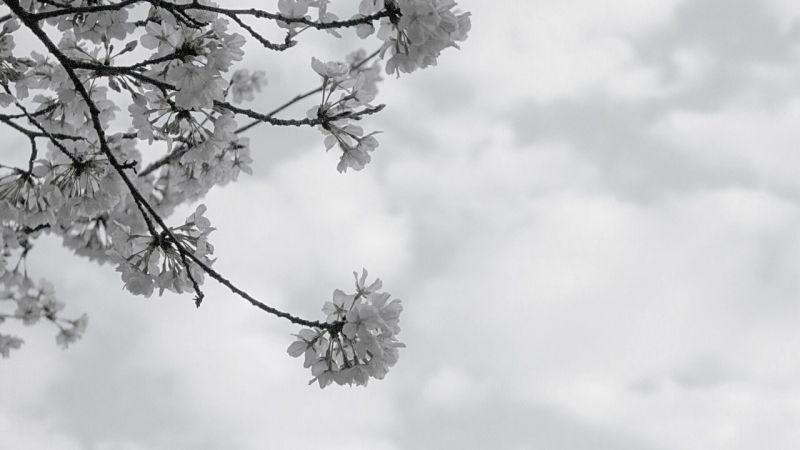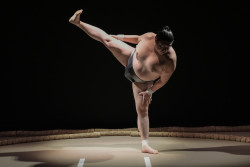
April 12, 2021
Fresh Ink: ‘May Morning Flowers’ and ‘A Crooked Posture’
The English-langauge debut of two of Kanoko Okamoto’s never-before translated works
ALL OF THE ARTICLES IN OUR FRESH INK SERIES HIGHLIGHT THE ENGLISH-LANGUAGE DEBUTS OF NEVER-BEFORE TRANSLATED WORKS OF PROMINENT JAPANESE WRITERS.
Introduction and translations by Eric Margolis
Kanoko Okamoto (1889-1939) was a sensation in her day. A writer with a lavish poetic flair and daring reputation, Okamoto was unmatched by few other authors of the Taisho and early Showa Eras.
In her teens, her florid, romantic poetry drew rave acclaim, and she joined Japan’s most elite avant garde literary circle. In her 20s, she came to be recognized as a leading scholar on Buddhism. And in her 40s, her women-centric fiction investigated the erotic side of motherhood, leading recognition of Okamoto as a leading feminist as well. Her romanticism fell out of fashion in Japan after World War II, and very few works out of her vast catalogue have been translated before.
“May Morning Flowers” captures her romanticism and lush poetic flair; “A Crooked Posture” is an astute self-reflection on her own romanticism, in the context of a rapidly modernizing 1920s and 30s Japanese society.
Both are translated for the first time into English here. She deserves a whole book of translations like these, but even in these two short passages, we can find the essence of springtime. Okamoto writes with committed optimism—a devout belief in the beauty of life, a belief that dances with every word she writes. She is the perfect Japanese author to read and reflect on as spring comes into full flower.
Both works were published posthumously.

Spectacular cherry blossoms scatter.
The spring sakura stretch their limbs to the dawn of spring…and the wind whips and whirls the blossoms away. For an instant, the clouds clear and the sky shines with blue.
A moment of silence, solitude.
I endure the moment and keep staring up.
Slowly and steadily, from some far corner the sky begins to grow grey, and moisture spreads across the entire sky.
In an instant, those drops, drops, drop all across the May skies of Japan. The countless drops of lilac long-and-narrow paulownia flowers, huddled together. Smart, fashionable, reserved. Lonesome despite the crowds, clear-eyed despite their silence. And though they are stealthy, they have an undeniable brightness.
The flowers tower above the trees, but they lack a certain conviction, those splotchy drops of paulownia.
But all it takes is a burst of bloom before they dare the plunge and leave the rest to the rustling wind, glittering in silver dust over our footpath, scattering heaps of snow-white powder before our eyes.
Go a little further, take a look.
There—with large gems of red and orbs of white, multicolored treasures cradled by their stems—tulips!
Sweet pea blossoms and their shards of ruby and amethyst.
Stamps of color freshly removed from the coat of a peacock, pansies.
Though some may sneer at these boorish flowers, a force fights back, for someone cultivated these jewels in the May flower bed and treated them more carefully than anything. The dew droplets that slept in them last night become a faint, sweet-smelling mist. They dampen the hems of our skirts, fleeing from the light of the morning sun.
And if you stop and look closely, right there, in the shadows of the half-opened white roses—over lumps of fertilizing clay, a little toad lurches along.
Oh, look—the greengrocer has fresh cabbage and oranges! Hurry, let’s go inform the kitchens.

Though we have come to scorn and despise sentimentality, we still long for the romantic, and all the more with each passing year.
We want to feel like we’re flying. We want to forget ourselves; to be dizzied into rapture. This romance defines our modern age. But the circumstances of society compel us to look down at reality, and perhaps that is precisely why we long so much for escape.
Realism refers to those social circumstances that control our lives. No matter how ugly or painful reality is, we must face it head-on, wide-eyed. If we do not, we stumble and fall.
So we attempt to remain vigilant of realism, to gather ourselves and tread treacherous bridges across our daily lives, all the while our eyes wander up towards the clouds floating in the blue. We assume a crooked posture. This contradictory pose colors our modern age with a breath of the marvelous.
Young men and women recite traditional kouta ballads with their themes of passionate love, yet those same men and women say that romance is strange, impossible. A young husband, tired of his family, visits the new dance halls and cafes but is all the more unsatisfied for it. Affirmation and repudiation dwell in each one of us. But the moment we assume that this contradictory nature is here to stay, it vanishes. Affirmation and repudiation grind and bite at one another, all at the whims of our emotions. Among the modern young men and women of the city, few of them have a single opinion on any subject. They are constantly prepared to muddy their own thoughts, or deny them altogether. This is not simply out of caution when communicating with others; more likely, they cannot guarantee anything even to themselves.
Those unable to shoulder the weight of contradiction will become outcasts. I seek robust perseverance, the strength to bear this crooked posture, as I patiently seek out beautiful and enduring ideals.
Love Japanese literature? Also check out:
Previously untranslated short stories by the prolific Japanese writer
A collection of short stories about Japan’s largest earthquake disasters
Pleasure and prose in ‘Killing Commendatore’ and other novels







